Reflections for Pride Month
I joined Common Interests full time on January 1, 2013, after walking what I call ‘the zig-zag path’ to financial services. As part of my early training with Bob, I was working with a LGBTQIA+ couple that had planning needs unique to this community. As a newcomer to the team, I was driven to learn how to plan and protect for all our clients but those from marginalized communities were especially important to me. Working closely with an LGBTQIA+ couple highlighted that basic rights that allies like Bob and myself take for granted are seemingly out of reach for millions of Americans.
I remember sharing my background with these clients. In high school, I was an editor for Sex, Etc., a resource for teens that aims to educate them about sex, drugs and alcohol. I saw first-hand the struggles that LGBTQIA+ youth experience and empathy drove me to want to solve these problems. As I grew, so did my understanding of the challenges faced by the LGBTQIA+ community both through a personal and professional circles. As a firm that values solving tough problems in creative ways, Common Interests deepened my appreciation for the sometimes nuanced and often blatant struggles this community faces daily.
Given this background, I was closely following the landmark civil rights case Windsor v. United States as the United States Supreme Court considered the federal interpretation of “marriage”. So, imagine how happy I was when I woke up on June 26, 2013, only 6 months in my new role, and found the announcement that the Court had overturned The Defense of Marriage Act (DOMA). The Court held that restricting U.S. federal interpretation of “marriage” and “spouse” to apply only to opposite-sex unions is unconstitutional under the Due Process Clause of the Fifth Amendment. Finally, our clients could get married and enjoy the same protections and tax advantages as “everyone else” without jumping through the legal hoops we were recommending at the time.
As I think back to that moment and reflect on how it impacted our practice, I am actually glad I entered the industry before Windsor. The skills and techniques I learned then still serve our clients well now. We work with “non-traditional” relationships on a regular basis, from people in long term stable partnerships to families that don’t have children but care deeply about their legacy and who will take care of them as they age, to relationships that are defined fluidly by their members.
In the post-Windsor world, we have continued to advocate on behalf of our clients. Recently, we signed the Investor Statement on Gender Equality, joining with investors representing a total of over $1.61 trillion in Assets Under Management to ask that companies increase investors’ accessibility to information related to their workplace equity policies and practices across gender, race, ethnicity, sexual orientation, and other federally protected classes. In 2017, we joined with other investors to put pressure on Verisk Analytics (which, full disclosure, was my first professional employer after college), to explicitly prohibit discrimination based on gender identity or gender expression. This was one of our first engagements, and as a former employee of that firm, I was excited to see how their management worked with our partners to reform their policies. We continue to search for opportunities to use the power of our investments to create change in corporate behavior, and to empower our clients to engage with the companies they own and band together with other investors to magnify the impact of their dollars.
This is not to say that this is where the story ends. As an ally to the community, I know I will never truly “get it.” I still work to empathize with a life different than my own just as the LGBTQIA+ community still has to work to enjoy rights and liberties given freely to cisgender Americans. I know that the work might not even end during my lifetime. But I am proud to help. I am proud of my LGBTQIA+ friends and family for having the strength to be who they are. I am proud of my LGBTQIA+ clients for not laying down and letting themselves be treated anything less than equal. And I am proud of Common Interests for committing to deliver the same level of protection and planning to all communities.
We are proud to serve all of our clients no matter how they define their race, sex, gender, and orientation. Our aim is to reduce anxiety and provide coaching and strategies to help our clients in their desire to achieve their goals. Windsor v. United States changed the planning landscape, but we take pride in following the lessons we learned in the pre-Windsor world, and keeping those skills fresh to help those who still need them. If this speaks to you, I hope we’ll be hearing from you soon as we are here to help.







